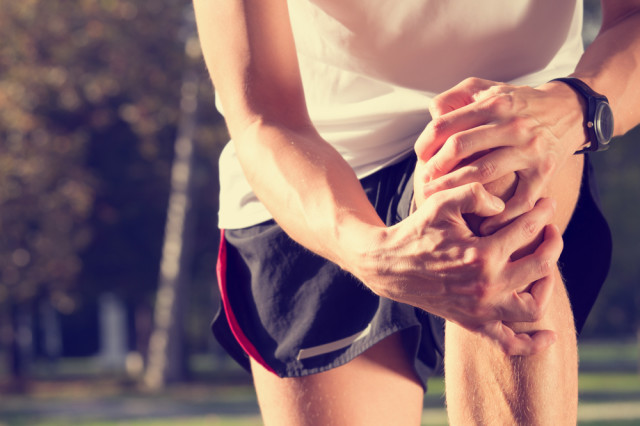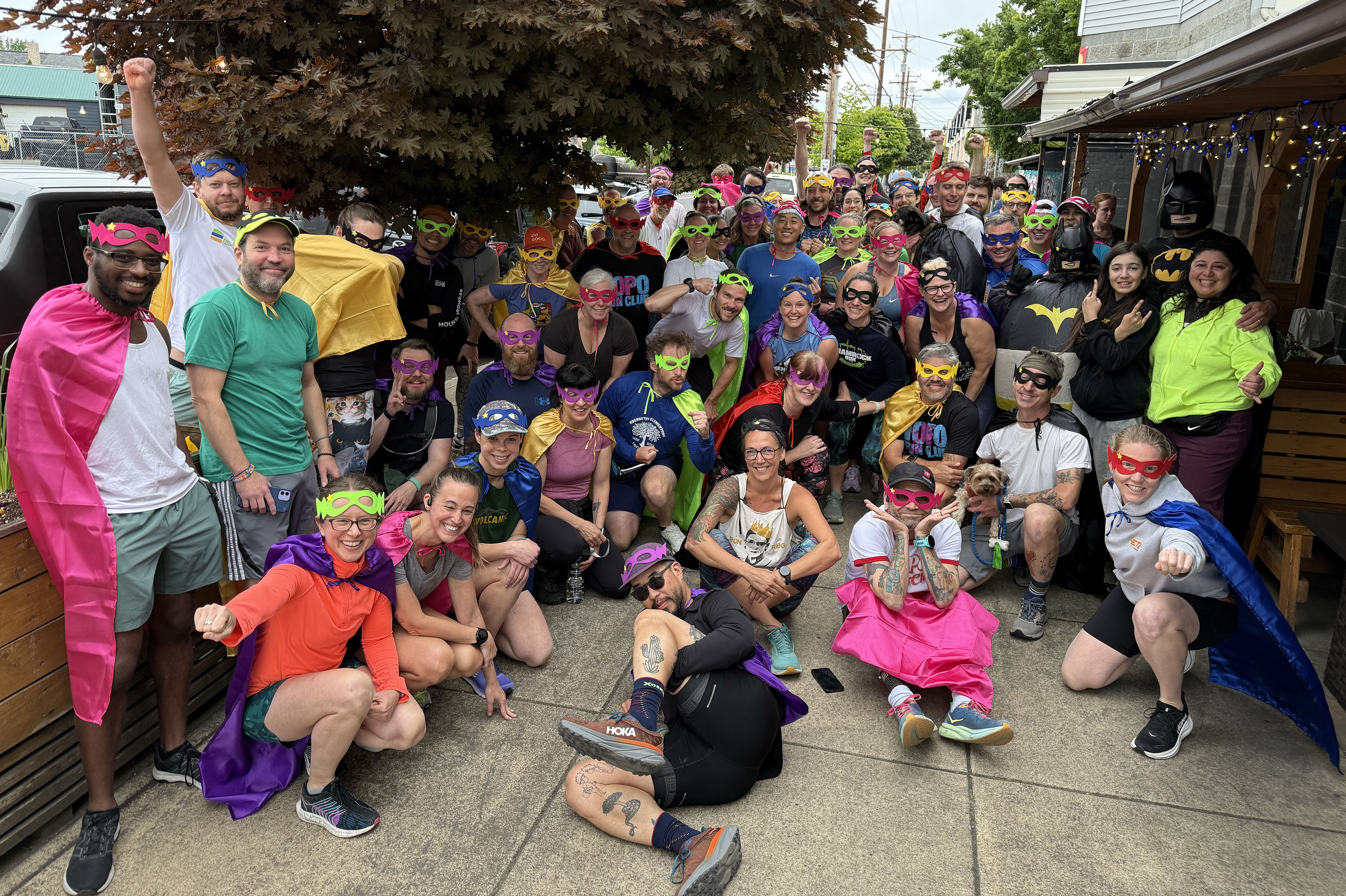Sports Massage: The Whys, the Hows, and the How Often

Image: AstroStar
Spring is right around the corner, and in many ways it’s already here. The Magnolia trees are in bloom, Portland has felt the warmth of a seventy-degree day, and we’ve set the clocks ahead. With friends’ Instagram and Facebook feeds full of hiking in the Gorge, marathon training, and sunny cycling photos, many of us are feeling that frenzy to get outside and get active.
With a seasonal burst of activity, we often experience increased awareness in our bodies—new tightness or tension, new pain or injuries, and new realizations of room for improvement. After hibernating through the winter (warm as it was), it feels incredible to throw ourselves into a long weekend hike or ride around Sauvie Island, but most of us are going to feel it the next day. Sports massage can be a perfect addition to a pumped-up fitness routine to help keep the body healthy and ready for the next adventure.
So, what is sports massage? Sports massage is an integration of massage techniques to address specific areas of pain or injury related to physical activity, relieve muscle tension, increase circulation, improve flexibility, and decrease recovery time. In addition to training-targeted support, it comes will all of the other benefits of massage, like increased circulation, detoxification, stress reduction, and relaxation.
Many people associate sports massage with the popular use of pre- and post- race treatments, often offered in short sessions at a marathon or other athletic event. In this way, massage is able to help the body warm up and prepare for performance and, after the finish line, assist the body toward recovery. But there are plenty of other reasons to make an appointment with a sports massage therapist.
No two bodies are exactly alike. In sports massage, therapists don’t just go through a checklist of common problems runners or cyclists experience to see where a patient lines up in relation to the norm. Instead, they will work with each client’s physical form in a resting state in order to assess and influence the dynamic, active potential of the body.
When should I schedule a massage in relation to my training? It really depends on your individual goals, and a good massage therapist will be your best guide in determining the timing for your sessions, but here ar some rules of thumb:
If your focus is addressing specific pain or tension, it can be helpful to come in at least 24-48 hours from your last hard training. You want to think about giving your muscles time to recover so they can receive and respond to the specific and focused massage techniques. A light or average workout the day of the massage is fine, but if you are still sore from your last workout, deep or specific work in those areas is not advised.
If your focus is to decrease recovery time and post-exercise soreness, the nature of the session will be quite different. If possible, you’ll want to schedule within a couple hours after a hard training session. Did you know that if you are training at your maximum level, up to 24 hours after is still considered recovery time? In this case, sessions might be shorter, the pressure lighter, and the techniques may move more quickly to focus on circulation and detoxification.
Sessions can also provide a combination of injury treatment and recovery. An integrated session could include a focus on recovery in the legs, but also address a shoulder injury or specific concerns of tension in the lower back.
I’m not a pro athlete. Is sports massage right for me? In my own practice, I’ve listened to hesitation from a number of clients who aren’t sure if they should call themselves athletes. I hear it all the time: “Isn’t sports massage for the really competitive people?” The truth is, anyone who pursues exercise or athletic activity on a regular basis can benefit from sports massage, especially if you want to take your training to the next level.
Mary Kibbe is a writer and licensed massage therapist in Portland.




